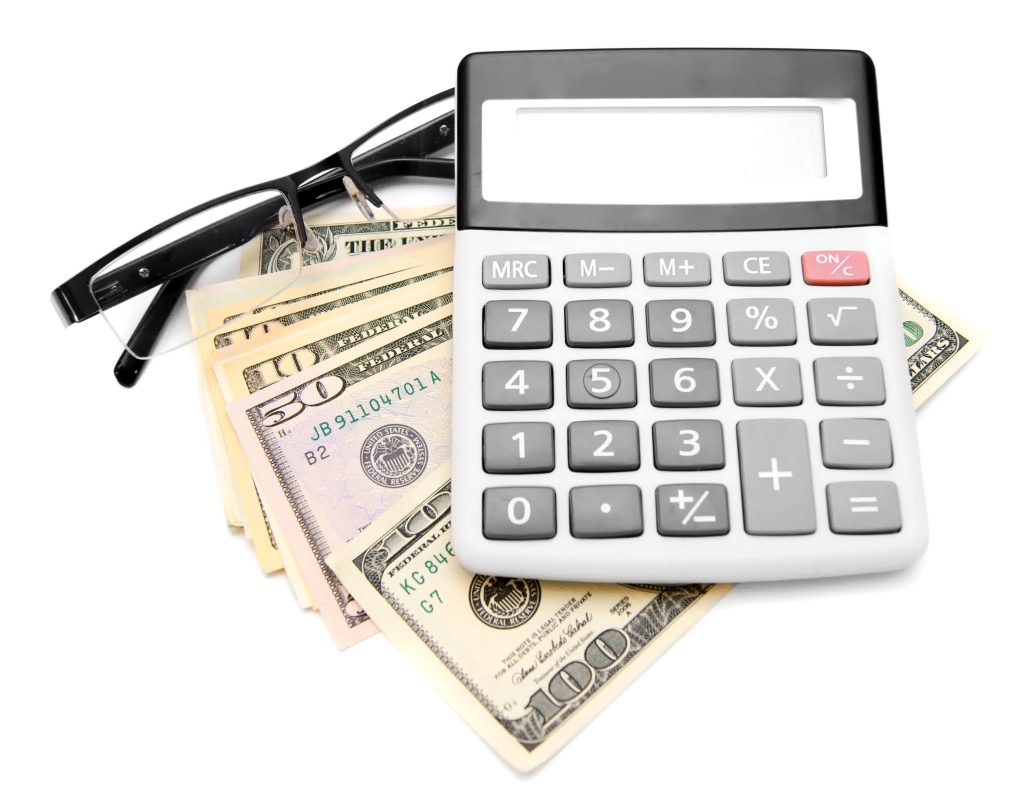Are you looking to save money on your mortgage? You’re in luck! There are several ways to reduce the amount you pay on your home loan and keep more money in your pocket.
First things first, it’s important to shop around for the best mortgage rates. Different lenders charge different rates, so it’s worth taking the time to compare offers from multiple lenders. Don’t be afraid to negotiate the terms of your mortgage either. You might be able to get a lower interest rate, a shorter loan term, or lower closing costs by simply asking.
Another way to save on your mortgage is to make a larger down payment. The more money you put down upfront, the smaller the loan amount and the lower your monthly payments will be. If you have the financial means, consider making extra payments towards your mortgage as well. This will help you pay off the loan faster and save on interest charges in the long run.
Refinancing is another option to consider if interest rates have dropped since you took out your mortgage. By refinancing to a lower rate, you can potentially save thousands of dollars over the life of the loan. Just be sure to weigh the costs of refinancing against the potential savings to make sure it’s worth it.
If you’re looking to get an even lower interest rate on your mortgage, you might consider buying mortgage points. One point is equal to 1% of the loan amount, and buying points can get you a lower rate on your loan. Just keep in mind that buying points is an upfront cost, so you’ll want to make sure the long-term savings justify the expense.
Another way to save on your mortgage is to choose a shorter-term loan. 15-year mortgages typically have lower interest rates than 30-year mortgages, so you may be able to save by choosing a shorter term. Just be sure to take into account your ability to make higher monthly payments before making this decision.
Finally, it’s important to make sure your credit is in good shape before applying for a mortgage. The better your credit, the more likely you are to get a lower mortgage rate. So be sure to pay your bills on time, reduce your debt, and check your credit report for errors before applying.
In conclusion, there are several ways to save money on your mortgage. By shopping around, negotiating the terms of your loan, making a larger down payment, refinancing, using mortgage points, choosing a shorter-term loan, and maintaining good credit, you can potentially save thousands of dollars over the life of your mortgage. Just be sure to consider all of your options and do what works best for your financial situation.
And there you have it! I hope this information was helpful and gave you some ideas on how to save money on your mortgage. If you have any other questions or need further guidance, don’t hesitate to reach out. Happy house hunting!
- Shop around for the best mortgage rates: Different lenders charge different mortgage rates, so it’s a good idea to shop around and compare rates before choosing a lender.
- Negotiate the terms of your mortgage: You can try to negotiate the terms of your mortgage, such as the interest rate, the length of the loan, and the closing costs, to get a better deal.
- Make a larger down payment: The larger the down payment, the smaller the loan amount, which can result in lower mortgage payments.
- Consider refinancing: If interest rates have dropped since you took out your mortgage, you may be able to save money by refinancing to a lower rate.
- Make extra payments: If you can afford it, making extra payments towards your mortgage can help you pay off the loan faster and save on interest charges.
- Use mortgage points: You can buy mortgage points to get a lower interest rate on your loan. One point is equal to 1% of the loan amount, so buying a point on a $200,000 mortgage would cost $2,000.
- Get a shorter-term mortgage: Shorter-term mortgages, such as 15-year mortgages, typically have lower interest rates than longer-term mortgages, so you may be able to save money by choosing a shorter term.
- Make sure your credit is in good shape: A higher credit score can help you get a lower mortgage rate, so it’s important to make sure your credit is in good shape before you apply for a mortgage.











